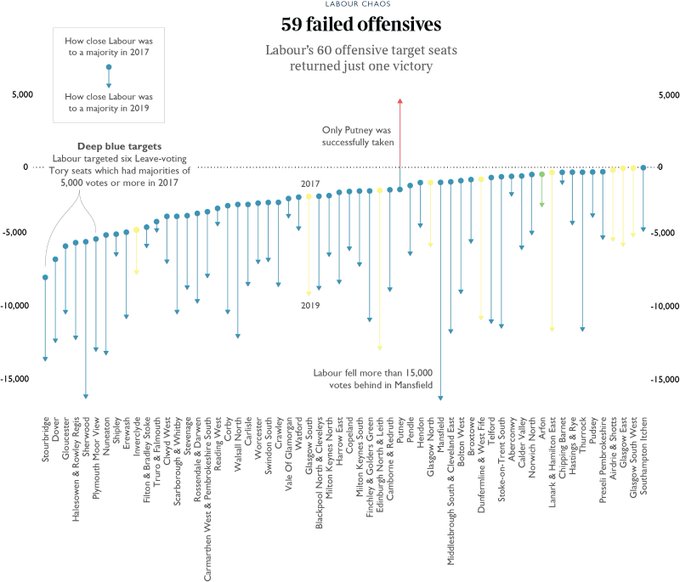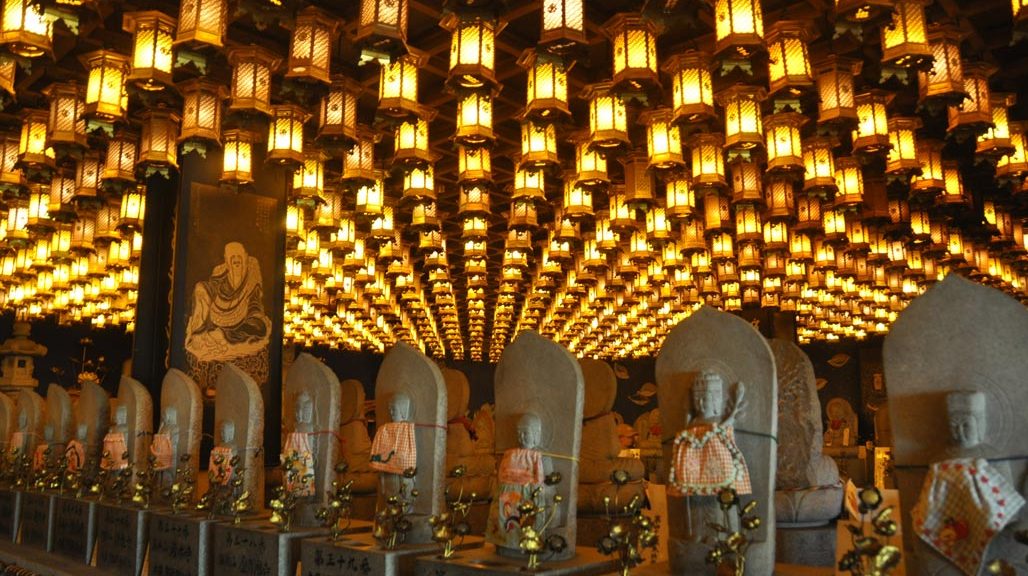If you don’t go to university, if you’re not a “professional” who speaks for you in political terms? Who even knows what you want or what your aspirations might be for yourself and for your kids?
In theory, in a democracy, the majority should influence — some would even say determine — the distribution of income. In practice, this is not the case.
Over the past few decades, political scientists have advanced a broad range of arguments to explain why democracy has failed to stem the growth of inequality.
Most recently, Thomas Piketty, a French economist who is the author of “Capital in the Twenty-First Century,” has come up with a straightforward answer: Traditional parties of the left no longer represent the working and lower middle classes.
In a January Power Point presentation, “Brahmin Left vs Merchant Right,” Piketty documents how the domination of the Democratic Party in the US (and of socialist parties in France) by voters without college or university degrees came to an end over the period from 1948 to 2017. Both parties are now led by highly educated voters whose interests are markedly different from those in the working class.
The result, Piketty argues, is a political system that pits two top-down coalitions against each other:
In the 1950s-60s, the vote for left-wing (socialist) parties in France and the Democratic Party in the US used to be associated with lower education & lower income voters. It (the left) has gradually become associated since 1970s-80s with higher education voters, giving rise to a multiple-elite party system: high-education elites vote for the left, while high-income/high-wealth elites for the right, i.e., intellectual elite (Brahmin left) vs business elite (merchant right).
Changes in the structure of the electorate emerged in force during a period of unprecedented upheaval in the 1960s, when a combination of liberation movements — committed to civil rights, women’s rights, sexual freedom, the student left, decolonization and opposition to the Vietnam War — swept across Europe and the United States.
In support of Piketty’s argument: In 1996, according to exit polls, the majority of voters who cast ballots for Bill Clinton were what demographers call non-college. That year, his voters were split 59 percent non-college to 41 percent college graduates. Twenty years later, the majority of voters for Hillary Clinton were college graduates, at 54.3 percent, compared with 45.7 percent non-college.
Exit polls show substantially larger numbers of college-educated voters than the surveys conducted by American National Election Studies. But the ANES data also shows a sharp increase in the percentage of voters with college and advanced degrees supporting Democratic presidential candidates. In 1952 and 1956, for example, the Democratic nominee, Adlai Stevenson, got 29 and 31 percent of the college-educated vote. In 2012, the most recent year for which ANES data is available, 53 percent of those with at least a college degree voted for Barack Obama.
One of the most important of Piketty’s conclusions is that constituencies that feel unrepresented by the new partisan configuration will be drawn to populism.
The Piketty report is a significant contribution to the growing collection of studies analyzing the inability of democratic forces to adequately counter inequality.
Five years ago, Adam Bonica, a political scientist at Stanford, published “Why Hasn’t Democracy Slowed Rising Inequality?” Economic theory, he wrote, holds that “inequality should be at least partially self-correcting in a democracy” as “increased inequality leads the median voter to demand more redistribution.”
Starting in the 1970s, this rebalancing mechanism failed to work, and the divide between the rich and the rest of us began to grow, Bonica, Nolan McCarty of Princeton, Keith T. Poole of the University of Georgia, and Howard Rosenthal of N.Y.U. wrote.
They cite five possible explanations.
- Growing bipartisan acceptance of the tenets of free market capitalism;
- Immigration and low turnout among the poor resulting in an increasingly affluent median voter;
- “Rising real income and wealth has made a larger fraction of the population less attracted to turning to government for social insurance.”
- The rich escalated their use of money to influence policy through campaign contributions, lobbying and other mechanisms; and finally,
- The political process has been distorted by polarization and gerrymandering in ways that “reduce the accountability of elected officials to the majority.”
In the five years since their essay was published, we’ve seen all of this play out; in the case of campaign contributions in particular, the authors provide strong evidence of the expanding clout of the very rich.
In recent decades, there has been a large increase in the number of people who contribute to political campaigns: In 1980, there were 224,322 individual contributions, the four authors write, and by 2012, that number grew to 3,138,564.
On the surface, those numbers would seem to suggest a democratization of campaign financing. In fact, as the courts have steadily raised the amount an individual can contribute, megadonors have become all the more influential.
The share of contributions donated by the top 0.01 percent of the voting age population grew from 16 percent in the 1980s to 40 percent in 2016.
In other words, if money buys influence over policy, the top 0.01 percent bought nearly triple the influence in 2016 that it purchased in the early 1980s.
Daron Acemoglu, an economist at M.I.T. who has stressed the power of economic elites to set the policy agenda, voiced some skepticism of Piketty’s analysis. In an email, he wrote that what Piketty found can be explained in large part by racial hostility, the adverse effects of globalization on white manufacturing workers, and the decline in social mobility:
It’s not a new thing. This is what George Wallace and Ronald Reagan were about also. Its current reincarnation is almost surely due to the fact that both globalization and technological changes have left behind vast swathes of the country. But why have these people found a home in the Republican Party, not in the Democratic Party? That’s less clear, but if I were to make a guess, I would say that this is related to the fact that economic hardship does not work by itself. It needs to tap into other grievances, and in the US context these have been related to pent-up hostility towards blacks and immigrants (and perhaps their own albeit slow upward mobility). If so, it is natural that it is the Republican Party, with its southern strategy and more welcoming attitude towards soft racism, that has come to house this discontent.
Jacob Hacker, a political scientist at Yale who writes extensively about inequality, praised Piketty’s work but noted that he and others
have argued that the Democrats were cross-pressured by rising inequality because they wanted to maximize campaign cash as well as votes and because they got most of their institutional support from a coalition of single-issue groups. This cross-pressure, in turn, contributed to their weak attempt to maintain the allegiance of the white working class.
Like Acemoglu, Hacker argues that the Piketty analysis does not place enough emphasis on race:
It doesn’t seem very fundamental to Piketty’s story. Yet it’s impossible to deny that the realignment of the parties around race created the opening for the GOP to gain the support of white voters — especially downscale white voters — by exploiting resentment of racial and ethnic minorities.
Dean Baker, a co-founder of the liberal Center for Economic and Policy Research, was the sharpest critic of Piketty.
“I’m not sure this analysis is all that useful,” Baker wrote me.
I see Piketty is missing the way in which markets have been restructured to redistribute income upward and to take away options for reversing inequality and promoting growth in ways that benefit low and middle income workers.
Piketty, in Baker’s view, “sees the market outcomes as largely given and redistribution just means tax and transfer policy.”
Baker argues that correcting inequality requires adoption of a much broader policy agenda. Citing the argument in his book “Rigged,” Baker calls for radical reform of exchange rates, of monetary policy, of intellectual property rights and of the financial sector as well as reform of the institutional protection of doctors, dentists, and lawyers and of corporate governance rules that now allow “C.E.O.s to rip off shareholders.”
Baker is not optimistic about full-throated economic liberalism in the Democratic Party.
“Because the party has largely supported an agenda that redistributes upward, they have lost much of their working class base,” he wrote in his email to me:
The friends you keep matter. The speeches that folks like Hillary Clinton and Barack Obama give at Wall Street firms are not a good look. The banks don’t hand you huge honorariums if they think you are going to take their money and put them in prison.
There is “an ongoing battle,” Baker continued,
in the Democratic Party as well as in most of the left parties across Europe. There are those who would like to accept inequality and focus exclusively on issues like gender equality and anti-racism. I would never minimize the importance of combating gender inequality or racism/nativism, but if that means ignoring the policies that have led to the enormous inequality we now see, that is not a serious progressive agenda.
If Democrats must adopt a broader agenda to counter inequality, Piketty’s study is indispensable. He demonstrates that the highly educated constituency currently controlling the party has been ineffective in protecting the material interests of the less well off.
For one thing, the well-educated leadership of the left is thriving under the status quo. The economic gains of those with college degrees — now, remember, the majority of the Democratic electorate — are shown in the accompanying graphic. From 1988 to 2012, the inflation-adjusted income of college graduates increased by 16 percent and for those with advanced degrees by 42 percent.
In contrast, those with some college but no degree saw a 1 percent increase; those with a high school degree saw a 0.3 percent income growth; and those without a high school degree saw their income decline by 13 percent.
There is no question that the Democrats’ loss of non-college white support has deep roots in the civil rights revolution of the 1960s. The fight for equal rights for African-Americans resulted in the full-scale regional realignment of the South toward the Republican Party and turned once solidly Democratic precincts in working class sections of Chicago, Boston, Milwaukee and other major cities into partisan battlegrounds.
These upheavals have left the party of the left ill-equipped to tackle not only inequality but economic mobility more broadly and with it the pervasive decline of much of what has become red America.
This in turn raises the question: Can a party split between an upscale wing that is majority white and a heavily minority working class wing effectively advocate on behalf of a liberal-left economic agenda? The jury is out on this question, but the verdict could very well be no.





































